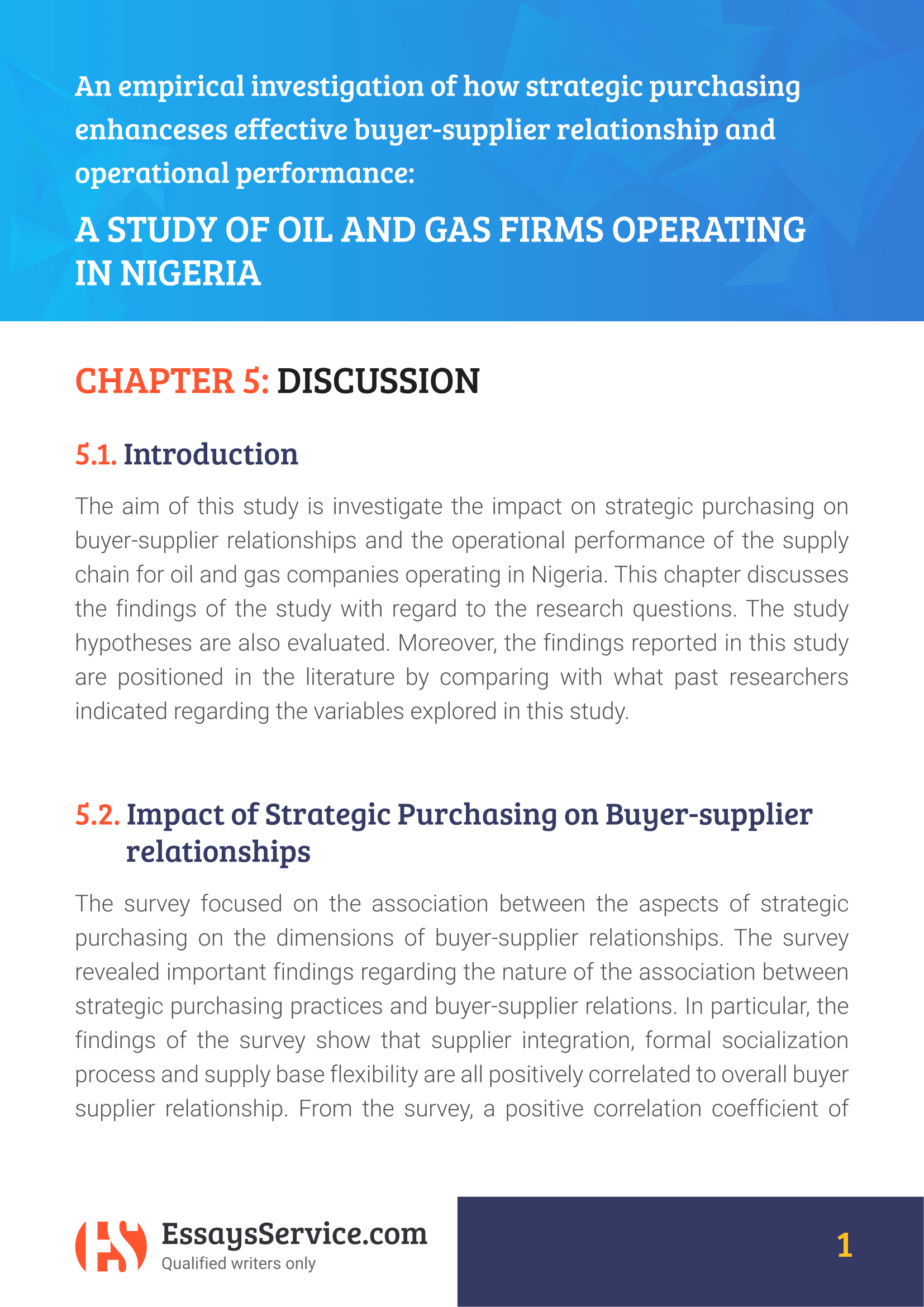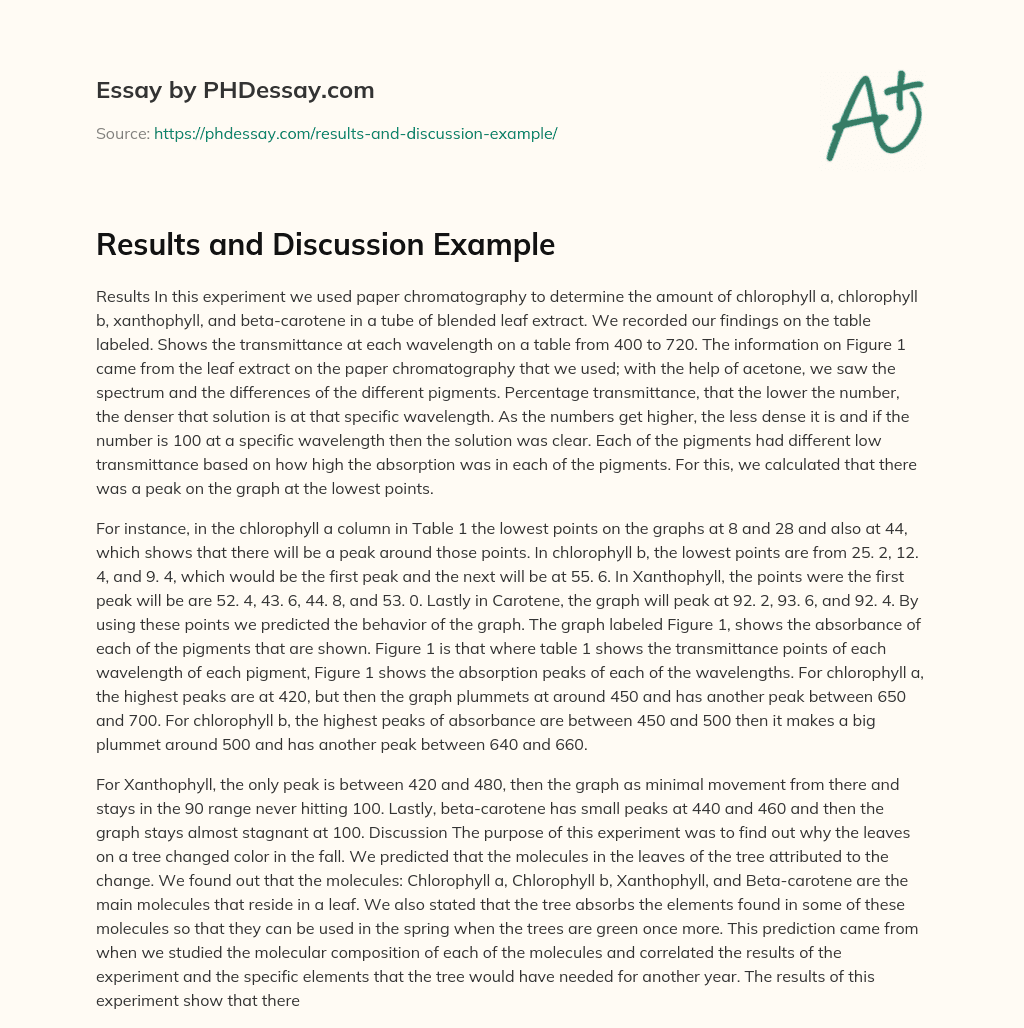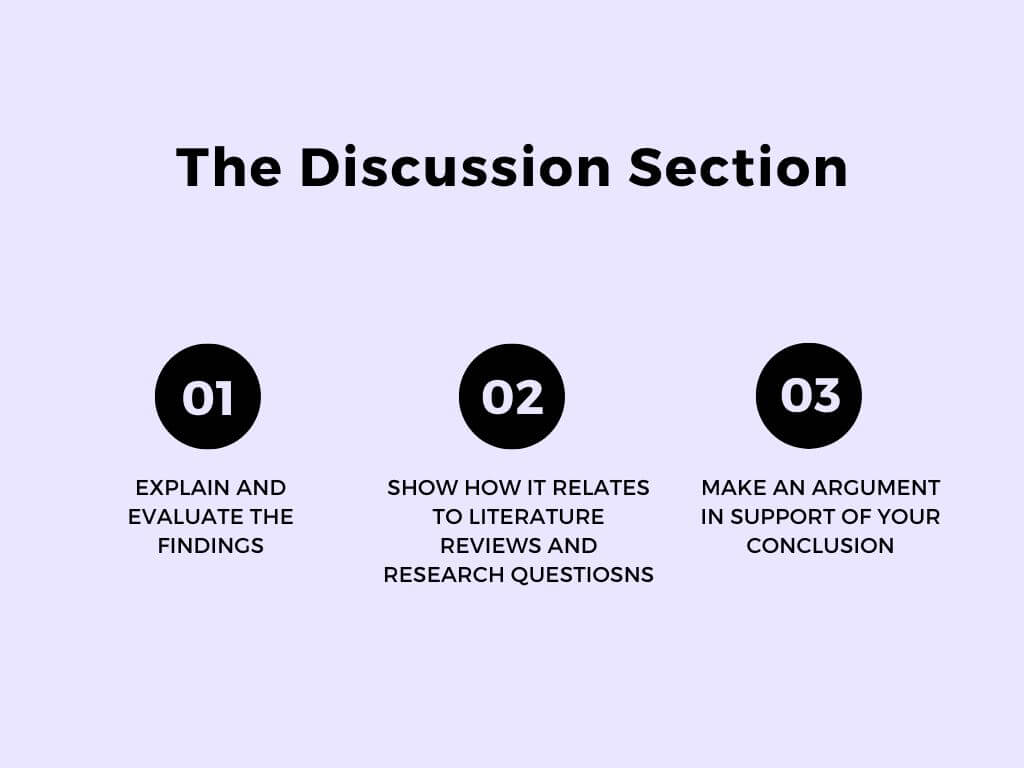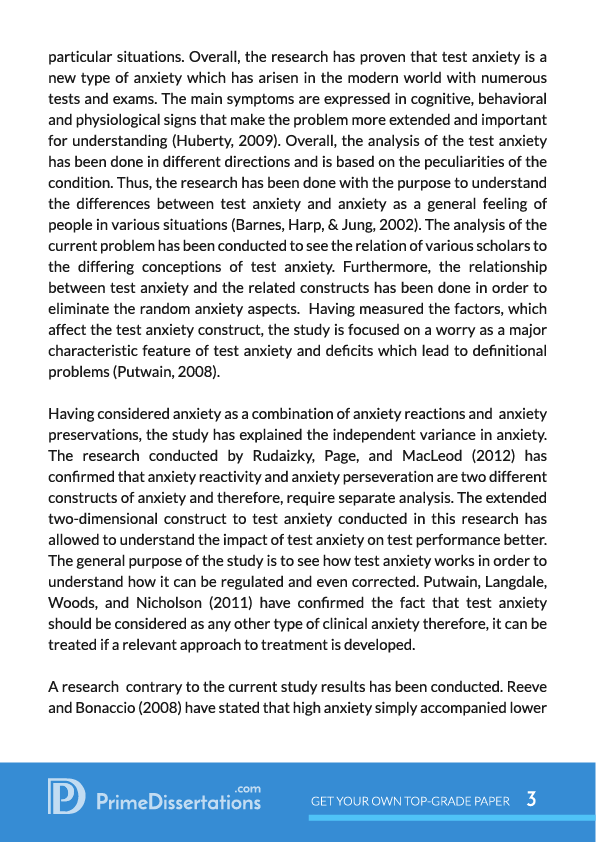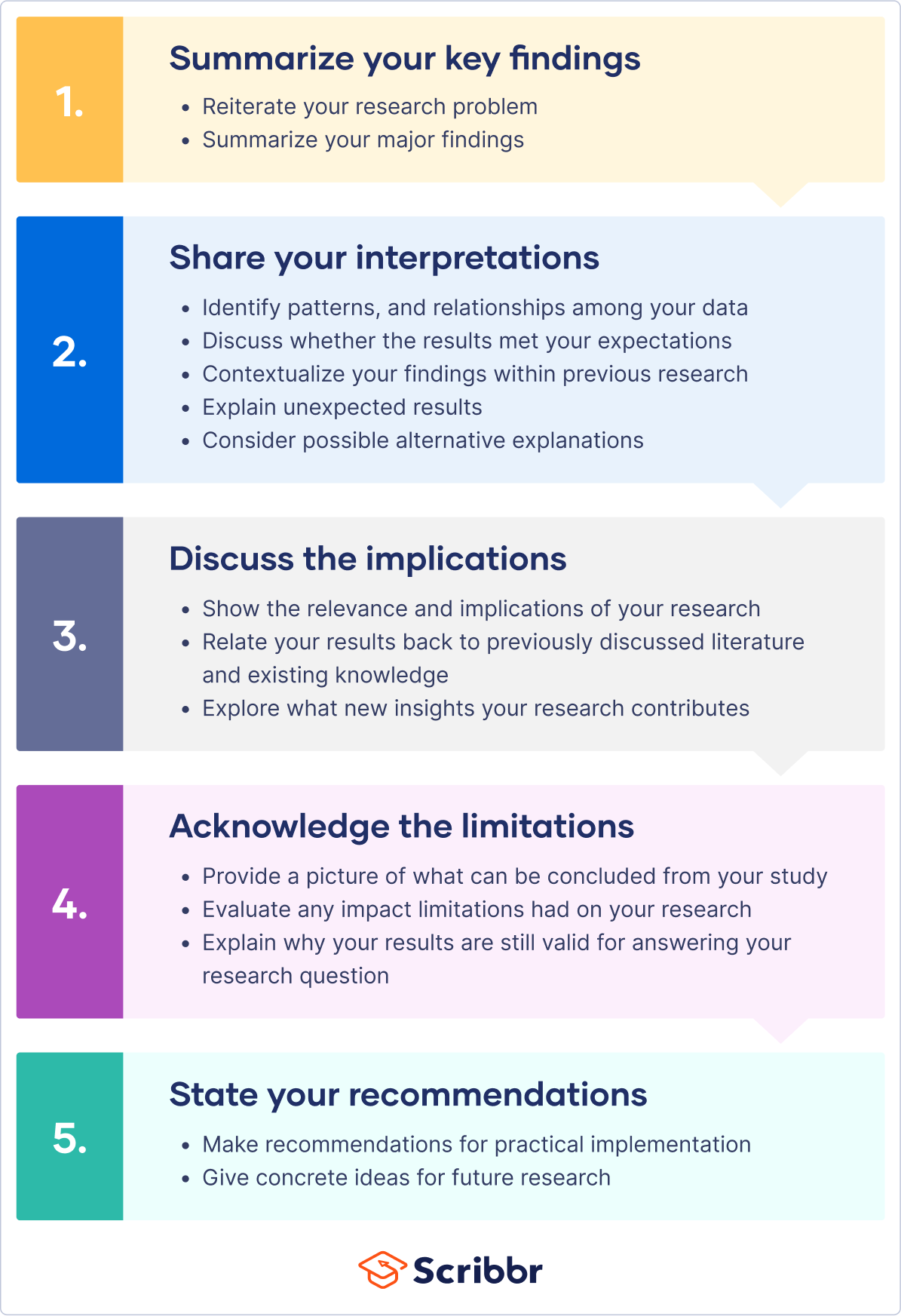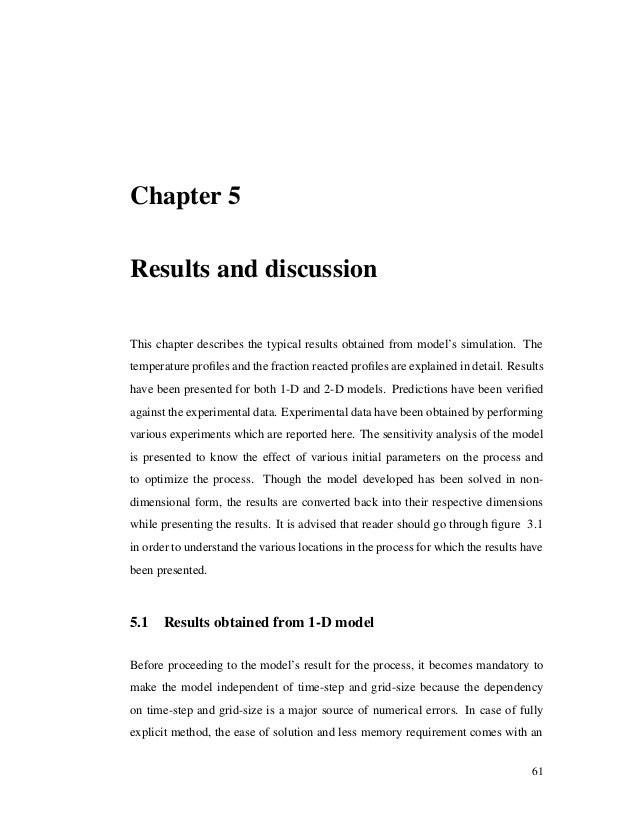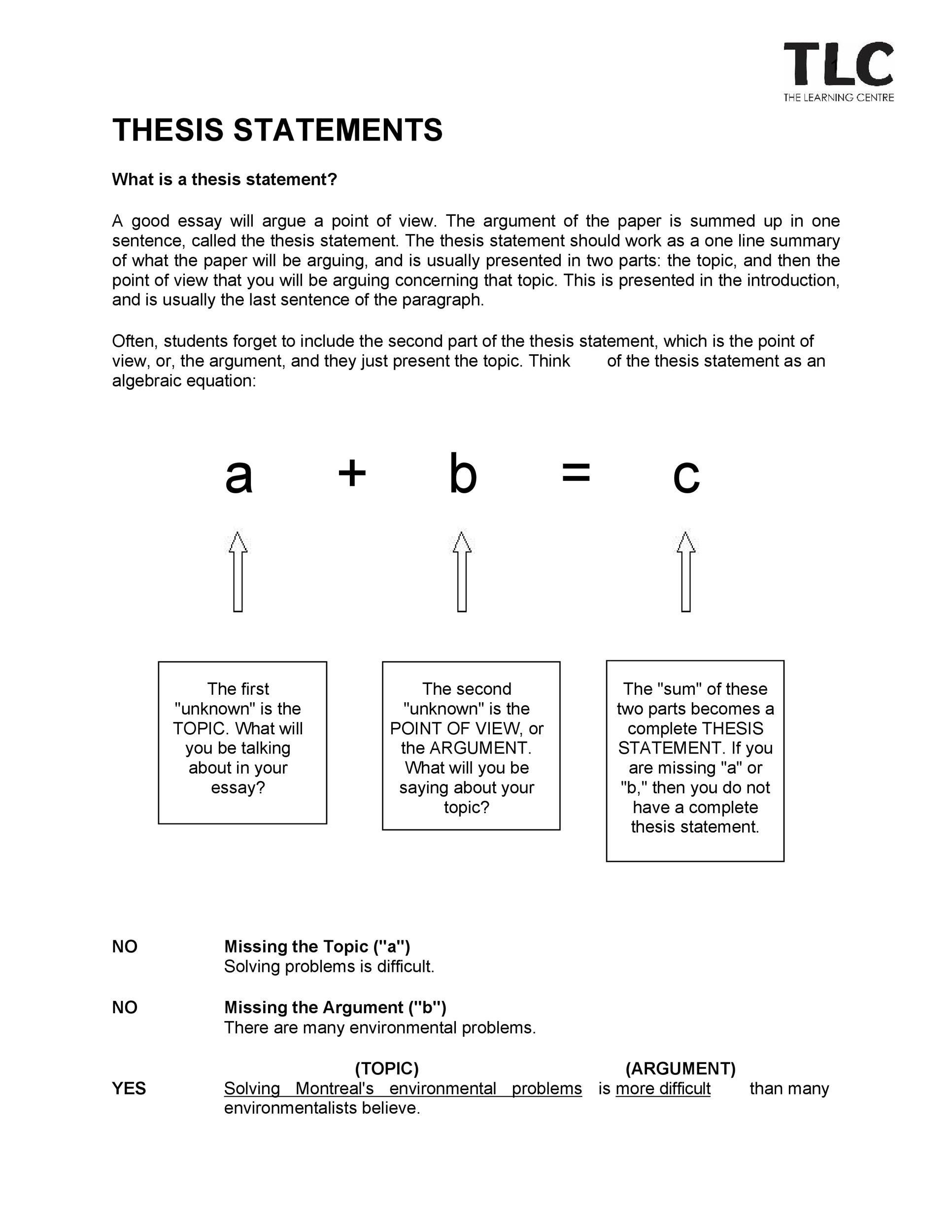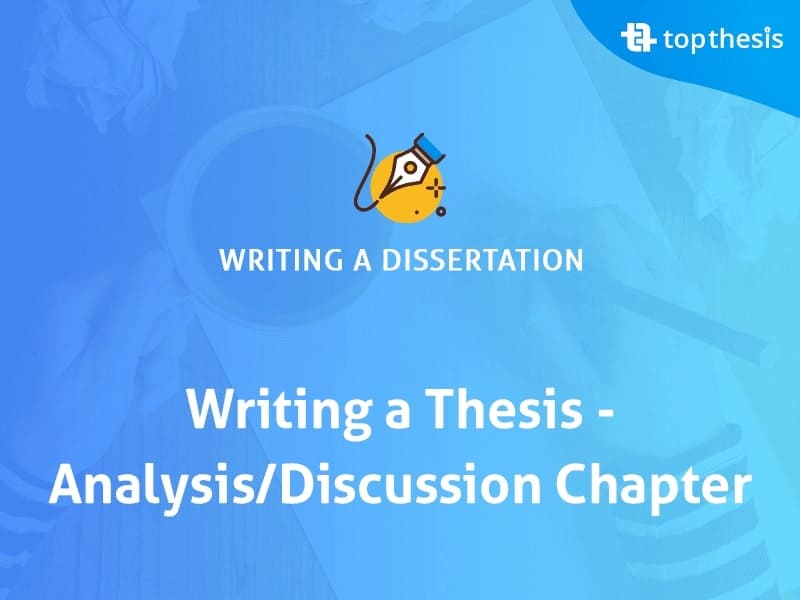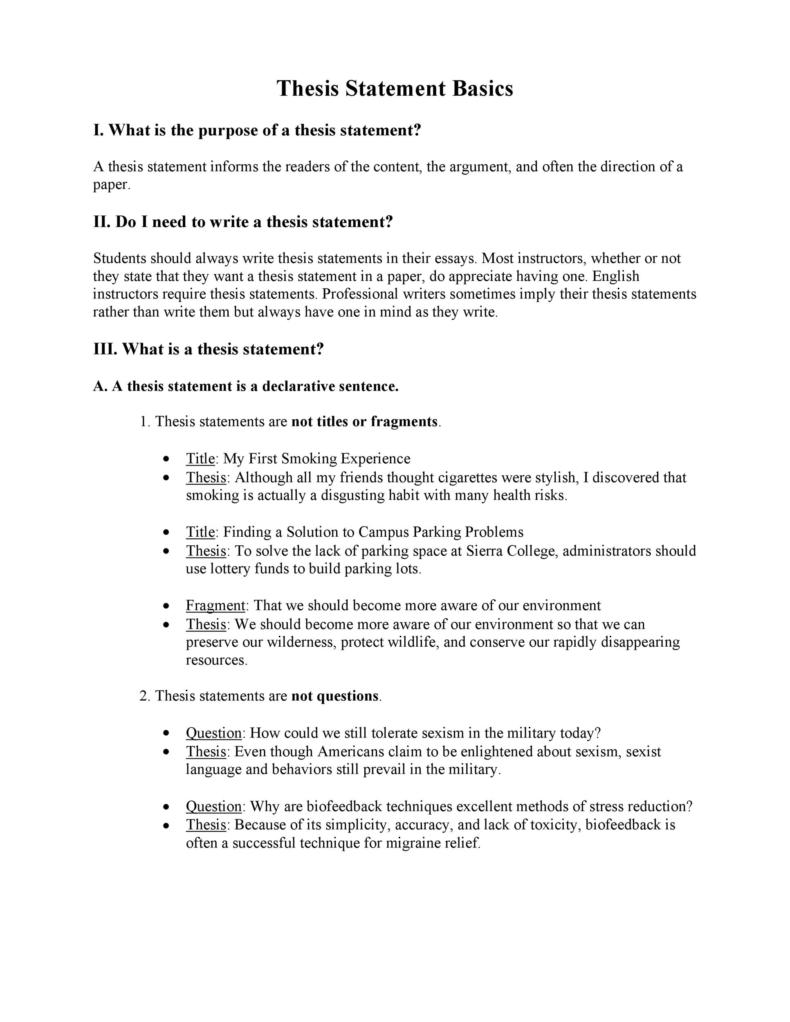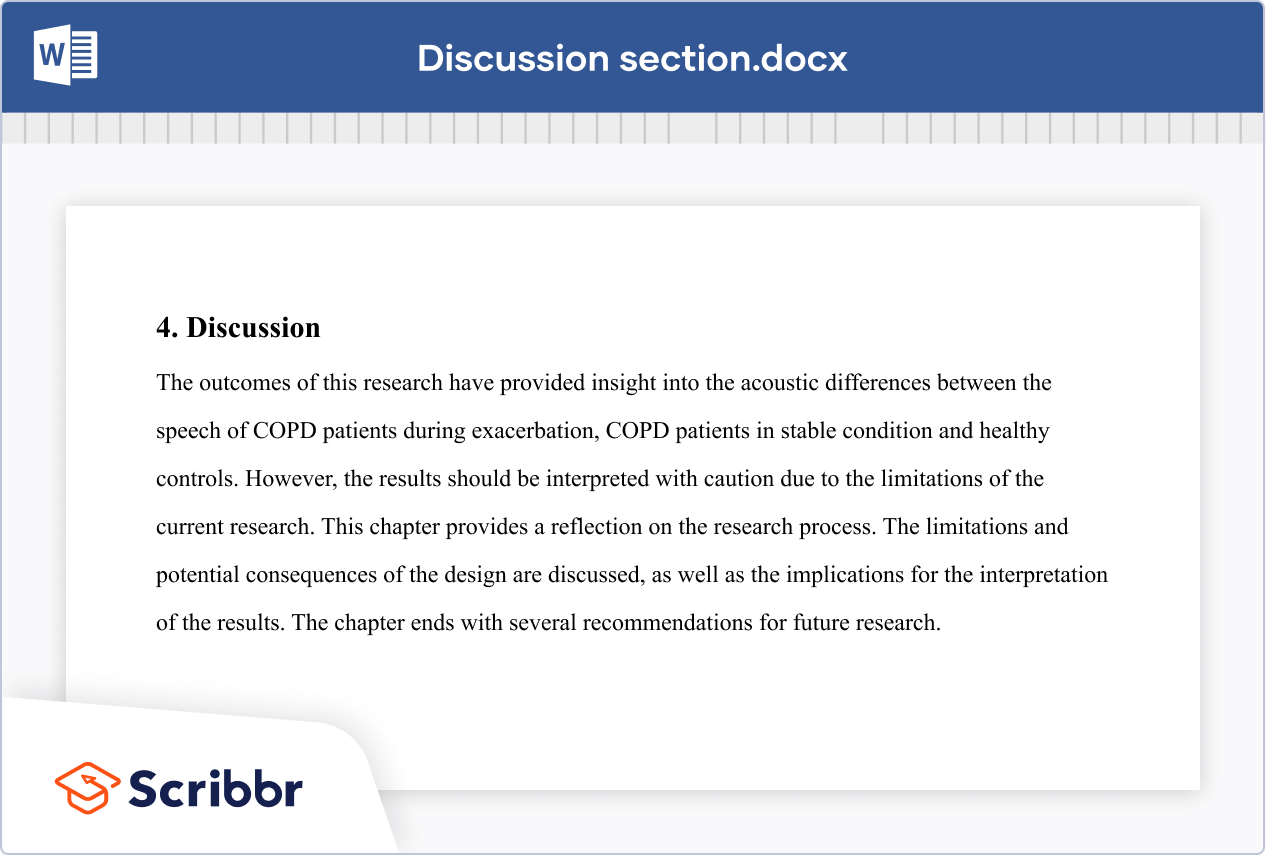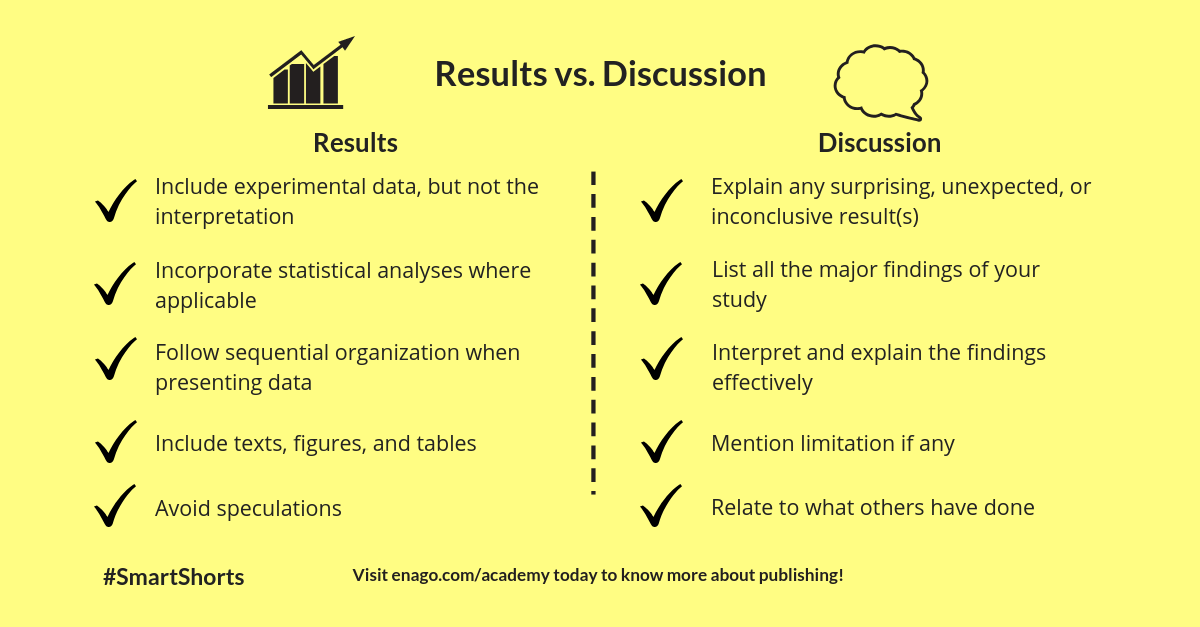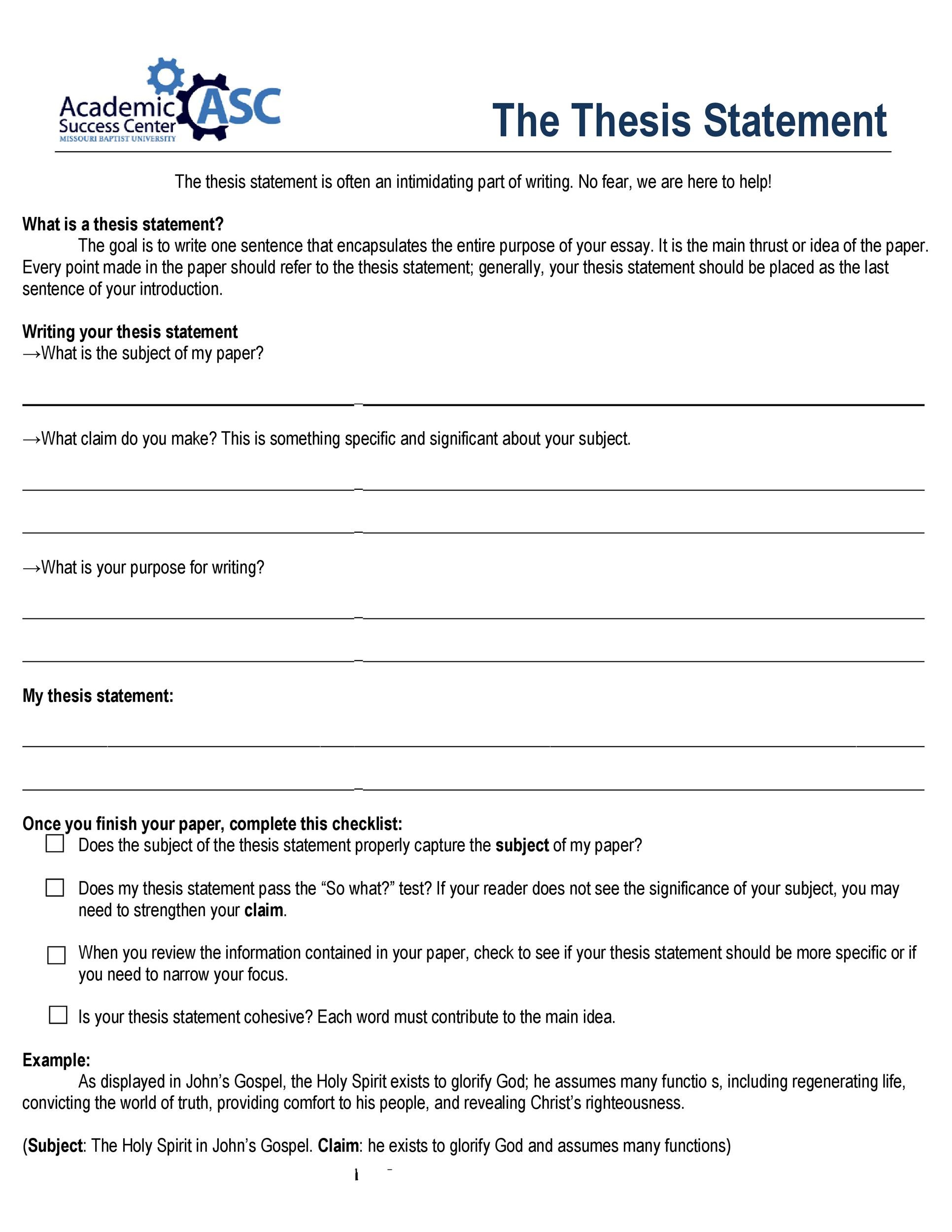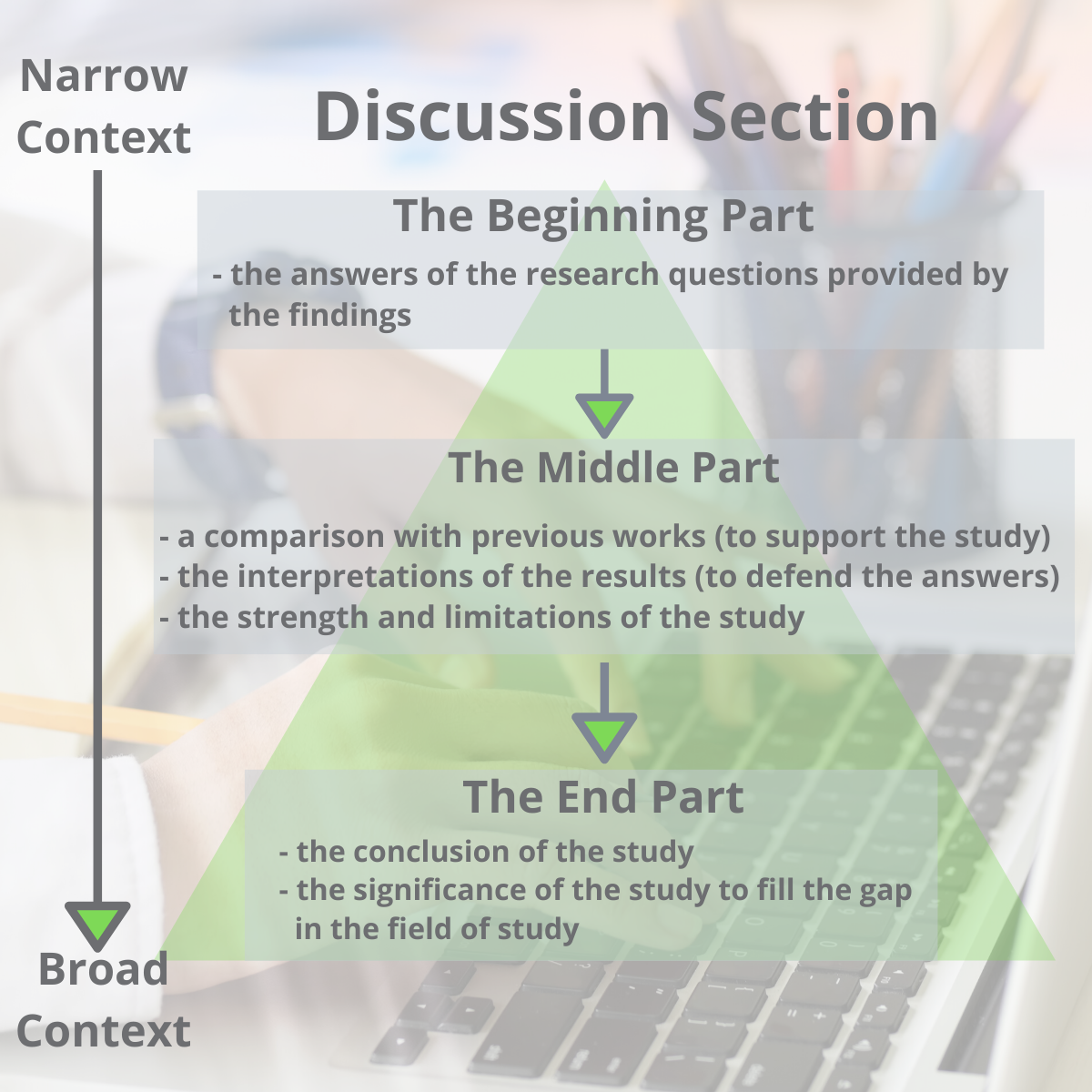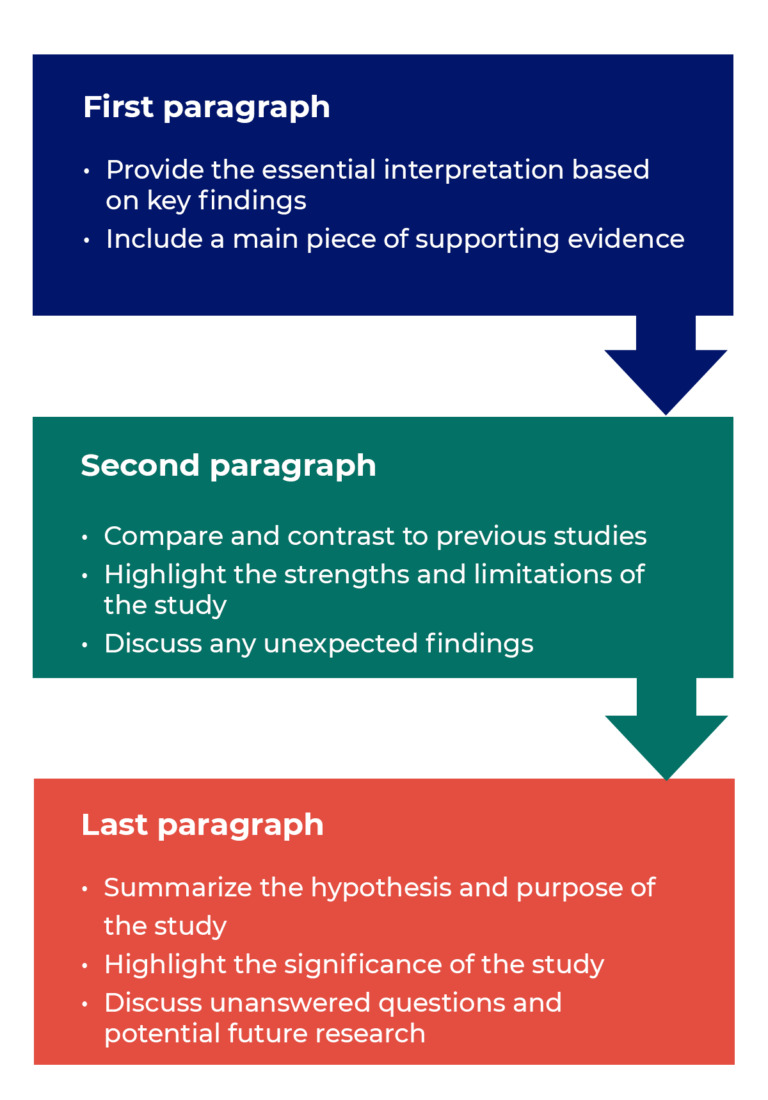Peerless Info About How To Write Discussion In Thesis
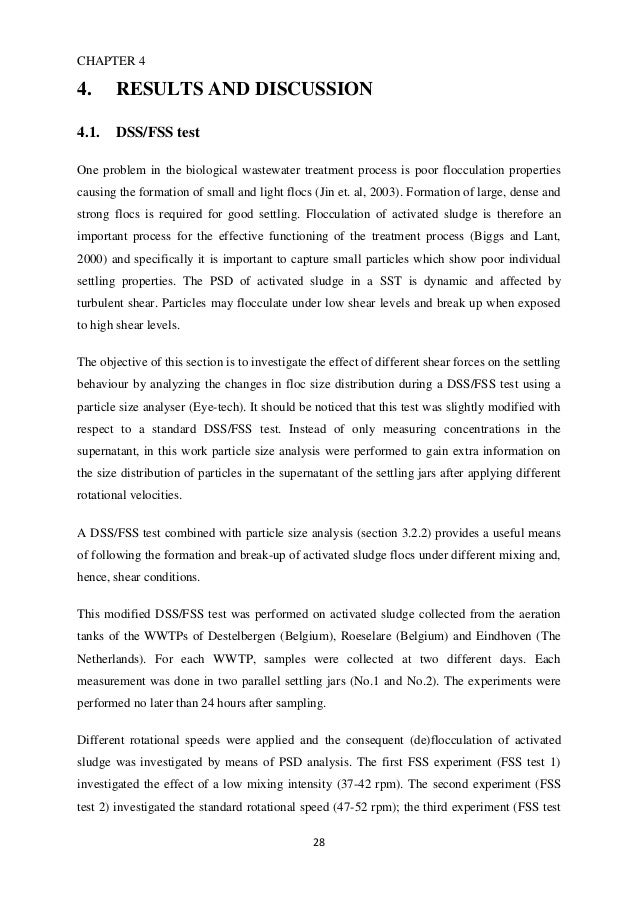
The discussion section of a thesis should essentially be focused on the following key elements.
How to write discussion in thesis. Begin with a clear statement of the principal findings. It is written after presenting your data in the results section. How to write a discussion section | tips & examples step 1:
How to write your thesis discussion section the discussion section is the most critical aspect of your thesis. This template covers all the core components required in the discussion/analysis chapter of a typical dissertation or thesis, including: If possible, learn about the guidelines before writing the discussion to ensure you’re writing to meet their expectations.
What is the thesis discussion section? Writing a discussion section writing a literature review sections in this page introduction to the discussion section planning for a discussion section structuring your discussion writing a discussion section in the discussion section, you will draw connections between your findings, existing theory and other research. This article explains how to structure your thesis discussion section and what content is required.
5.3k share 170k views 3 years ago everything you need to write a strong dissertation the discussion chapter is where you delve into the meaning, importance and relevance of your results. How to write the discussion chapter step 1: When writing a discussion, make sure that the introduction of your discussion chapter in thesis tells the readers what the results indicate or demonstrate.
Do read the journal’s guidelines on the discussion and conclusion sections. You can also tell your readers what the findings suggest or whether they support a certain theory. Restate your research problem and research questions the first step in writing up your discussion chapter is to.
Discussion phrases guide papers usually end with a concluding section, often called the “discussion.” the discussion is your opportunity to evaluate and interpret the results of your study or paper, draw inferences and conclusions from it, and communicate its contributions to science and/or society.

